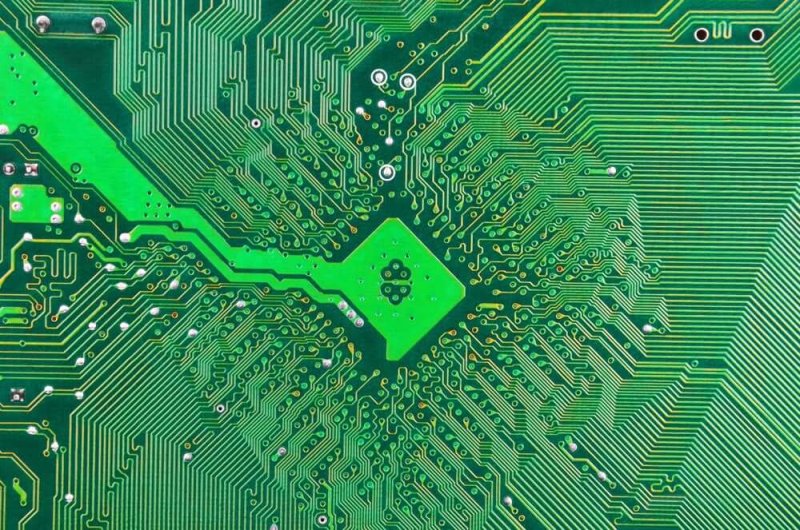…
Manufacturing proteins, biofuels, or chemicals inside cells isn’t new. That is where insulin, alcohol, and the enzymes in laundry detergent come from. But getting a microbe to make what you want—when you want—without dropping dead from the effort isn’t easy.
Now scientists are designing a new generation of organisms that do more than continuously pump out gene products like factories. They want them to sense and respond to environmental cues, turn on at certain times, or become smart cancer drugs that are deadly only inside a tumor.
A few products with such “switches” in them are already in development. A company called Synlogic is testing bacteria with a gene circuit in it that people are swallowing as part of a clinical trial. Big drug companies have started acquiring startups with ideas for new cancer-fighting cells.
…
If biological design can be made more predictable, Nielsen sees few limits on what it could be used for. “We think genetic circuits will start appearing in all of the products that touch our lives every day, from foods to clothes to medicines,” he says.
Read full, original post: Biologists would love to program cells as if they were computer chips































